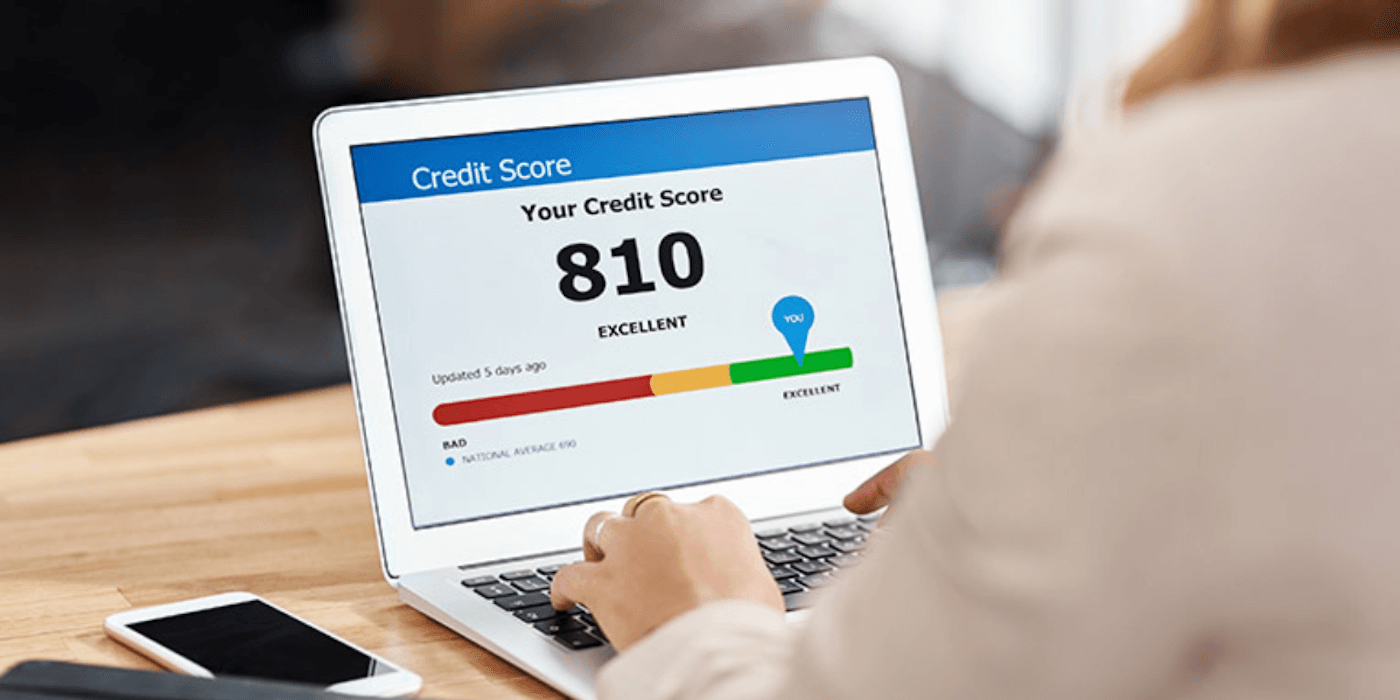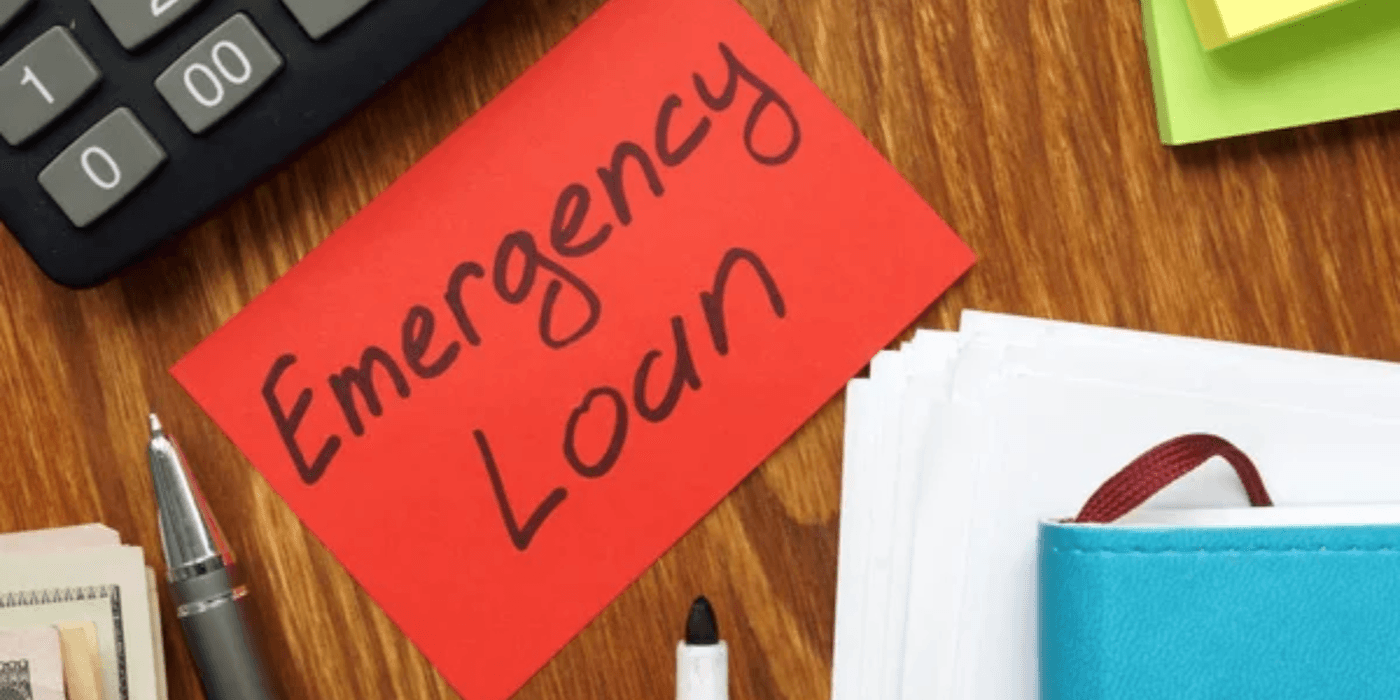Guide to Understanding the Terms of Your Emergency Loan

Introduction
Emergencies have a way of catching us off guard, often bringing unexpected financial challenges. Emergency loans can be a lifeline, offering the quick funds needed to weather the storm. However, before diving into the world of emergency loans, it's crucial to understand the terms that come with them. In this guide, we'll delve into the intricacies of emergency loan terms, explore their pros and cons, decipher the differences between cash advances and payday loans, and unravel the essential components of these loans. So, whether you're facing a sudden medical expense or an urgent home repair, let's equip you with the knowledge you need to navigate emergency loans confidently and clearly.
Obtaining an emergency loan might seem like a straightforward process, but it's essential to approach it with careful consideration. Before you embark on this journey, take a step back and evaluate your financial situation.
Understanding the Application Process
The application process for an emergency loan involves several steps, starting with choosing a lender. Research reputable lenders who offer emergency loans in Australia. Many financial institutions, both traditional and online, provide such services. Once you've selected a lender, you'll need to complete an application form. Be prepared to provide personal information, financial details, and documentation to support your application.
The Role of Credit Scores

Credit scores are crucial in the approval process and the terms you'll be offered for an emergency loan. Lenders assess your creditworthiness based on your credit score, which reflects your past borrowing and repayment behavior. A higher credit score generally leads to more favorable loan terms, including lower interest rates and better repayment options. However, even if you have a less-than-perfect credit score, some lenders specialise in assisting individuals with varying credit histories.
Documentation Required
When applying for an emergency loan, you must provide documentation to support your application. This may include recent pay stubs, bank statements, proof of identity, and proof of address. Lenders use these documents to verify your financial stability and identity, ensuring you're a reliable borrower. Having these documents ready in advance can expedite the loan approval process.
Making Informed Decisions: Should You Opt for an Emergency Loan?
While emergency loans can provide quick financial relief, it's important to consider whether they're the right option for your situation. Before taking the plunge, take a moment to weigh the pros and cons.
Evaluating Your Situation
Before you decide to take out an emergency loan, assess the urgency of your financial need. Emergency loans are designed to address immediate, unexpected expenses, such as medical bills or urgent home repairs. If your situation is not urgent, consider alternatives, such as budget adjustments or borrowing from friends and family.
Pros of Emergency Loans

Emergency loans offer several advantages. They provide quick access to funds when you need them the most, ensuring that you can address pressing financial needs promptly. They also come with structured repayment plans, which can help you manage the loan more effectively. Additionally, repaying an emergency loan can positively impact your credit score, showcasing your responsible borrowing behavior.
Cons of Emergency Loans
While emergency loans have their benefits, they also come with certain drawbacks. These loans' interest rates can be higher than traditional loans, which could result in a higher overall cost. Rushing into a loan without understanding the terms could lead to repayment challenges. It's also crucial to ensure you're borrowing only what you need, as overborrowing can lead to unnecessary debt.
Exploring Alternatives
Before finalising your decision, consider alternatives to emergency loans. If the situation allows, you might explore borrowing from family or friends, negotiating payment plans with creditors, or even using a credit card for short-term needs. Each option has its implications, so weighing the pros and cons is wise based on your circumstances.
Decoding the Terminology: Cash Advances vs. Payday Loans
Two commonly misunderstood terms in emergency finance are cash advances and payday loans. It's vital to comprehend the distinctions between these options before deciding.
Cash Advances Explained

A cash advance is a service many credit card issuers offer that allows you to withdraw cash from your credit card's available balance. This can be done through an ATM or over the counter at a bank. Cash advances usually come with high fees and immediate interest accrual, making them costly. They differ from regular credit card purchases, which often have a grace period before interest accumulates.
Payday Loans Unveiled
Payday loans are short-term, high-cost loans designed to tide you until your next payday. They are typically for small amounts and are meant to be repaid in full on your next paycheck. These loans often come with extremely high-interest rates and fees, making them one of the most expensive borrowing options. Because of their high cost and potential to lead to a cycle of debt, payday loans should be approached with extreme caution.
Professional Perspective on Suitability
From a credit finance professional's standpoint, cash advances and payday loans are ideal solutions. Both options come with high costs and can lead to a cycle of debt if not managed carefully. Exploring other alternatives, such as personal loans or credit card options with lower interest rates, is recommended before considering these options.
Essential Components of Emergency Loan Terms
Understanding the key components of emergency loan terms is essential for making an informed decision. Let's delve into some of the most critical aspects.
Interest Rates and APR

Interest rates are a core element of any loan. The interest rate is the percentage of the loan amount that you'll pay as interest over the loan term. The Annual Percentage Rate (APR) includes the interest rate and any additional fees, giving you a more comprehensive view of the loan's cost. Comparing APRs can help you evaluate the overall affordability of different loan offers.
Fixed vs. Variable Interest Rates
Emergency loans may come with either fixed or variable interest rates. A fixed interest rate remains constant throughout the loan term, providing predictability in your monthly payments. On the other hand, a variable interest rate can change over time, which could lead to fluctuations in your repayment amounts. Consider your risk tolerance and the stability of your financial situation when choosing between these options.
Negotiating for Favorable Rates
As a borrower, you can negotiate for more favorable terms. If you have a good credit history, you're in a better position to negotiate lower interest rates or reduced fees. Don't hesitate to communicate with potential lenders and inquire about any room for negotiation. Shopping around and comparing offers from multiple lenders can also give you leverage when negotiating.
Loan Repayment Terms and Options
Understanding the repayment terms of your emergency loan is crucial for managing your financial commitments effectively.
Exploring Repayment Options

Emergency loans come with various repayment options, ranging from a few months to several years. Shorter repayment terms may result in higher monthly payments but lower overall interest costs. Longer repayment terms could lead to lower monthly payments but potentially higher total interest expenses. Assess your financial capability and choose a repayment term that aligns with your budget.
Impact of Loan Term on Monthly Payments
The loan term directly affects your monthly payment amount. A shorter loan term will require larger monthly payments, while a longer loan term will result in smaller monthly payments. Choose a term that strikes the right balance between manageable monthly payments and minimising interest costs.
Managing Repayment Effectively
Missing or delaying loan payments can have serious consequences, including late fees, increased interest costs, and potential damage to your credit score. Set up automatic payments or reminders to ensure that you meet your repayment obligations on time. If you encounter financial difficulties, contact your lender as soon as possible to discuss possible solutions.
Fees, Charges, and Penalties
Emergency loans often come with various fees and charges that can impact the overall cost of borrowing.
Identifying Common Fees
Origination fees, prepayment penalties, and late payment fees are some of the common charges associated with emergency loans. Origination fees are charged upfront for processing your loan application. Prepayment penalties penalise you for paying off the loan early, and late payment fees are incurred if you miss a payment deadline.
Calculating the True Cost

When comparing loan offers, it's crucial to consider these additional fees. The Annual Percentage Rate (APR) accurately represents the loan's total cost, including the interest rate and any applicable fees. Always ask lenders to provide the APR and the interest rate to understand the loan's affordability.
Negotiating and Understanding Fees
Just like interest rates, some fees may be negotiable. Before finalising the loan agreement, inquire about reducing or waiving certain fees. If a lender is unwilling to negotiate, consider whether the overall terms are still favorable, given the additional costs.
The Role of Terms and Conditions
Understanding the terms and conditions of your loan agreement is crucial to avoiding surprises and misunderstandings.
Reading the Fine Print
The terms and conditions outline the rights and responsibilities of both the borrower and the lender. Reading and understanding these terms thoroughly is essential before signing the agreement. Pay attention to repayment schedules, penalty clauses, and any potential changes to the loan terms.
Consequences of Defaulting
Defaulting on your emergency loan can have serious repercussions. It can lead to additional fees, damage to your credit score, and even legal actions taken by the lender. It's vital to be aware of the consequences and to communicate with your lender if you're facing difficulties that might affect your ability to make payments.
Seeking Legal Advice

Consider seeking legal advice before signing the loan agreement if you find certain terms or conditions unclear. An attorney with expertise in finance can help you decipher complex legal language and provide guidance on the implications of various clauses.
Seeking Professional Advice
Before finalising any loan agreement, it's wise to consult with a credit finance professional or financial advisor.
The Value of Expert Insights
Credit finance professionals have in-depth knowledge of lending practices and can provide tailored advice based on your unique financial situation. A financial advisor can help you evaluate the loan terms and assess whether it aligns with your long-term financial goals.
Asking Questions
Don't hesitate to ask questions during your consultation. Seek clarity on any terms or concepts you find confusing. A professional can explain and ensure that you fully understand the implications of the loan agreement.
Conclusion
Navigating the world of emergency loans requires careful consideration and understanding of the terms involved. As you evaluate your options, remember that responsible borrowing involves more than just accessing funds quickly—it also entails understanding the terms, assessing your financial capability, and making decisions aligned with your overall financial well-being. By following the insights provided by credit finance professionals, you'll be better equipped to make informed choices that positively impact your financial future.
At Driva, we provide emergency loans designed to be genuinely helpful. Our platform connects you with over 30 lenders, allowing you to compare and discover the ideal option for your needs easily. Applying is now simpler than ever – you can complete the entire process online. We prioritise transparency, ensuring you have clear visibility into rates and fees. Let Driva assist you in finding the best solution for your emergency financial needs.


.png)







